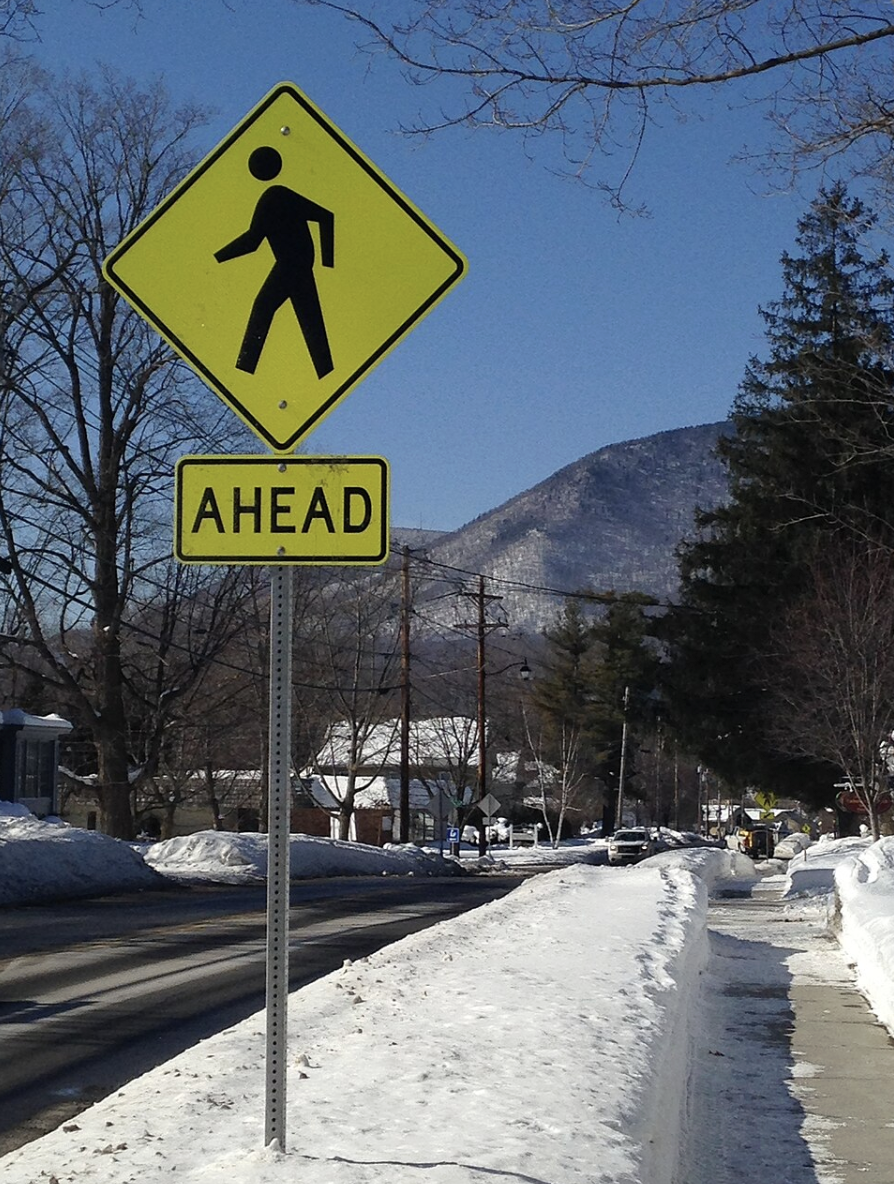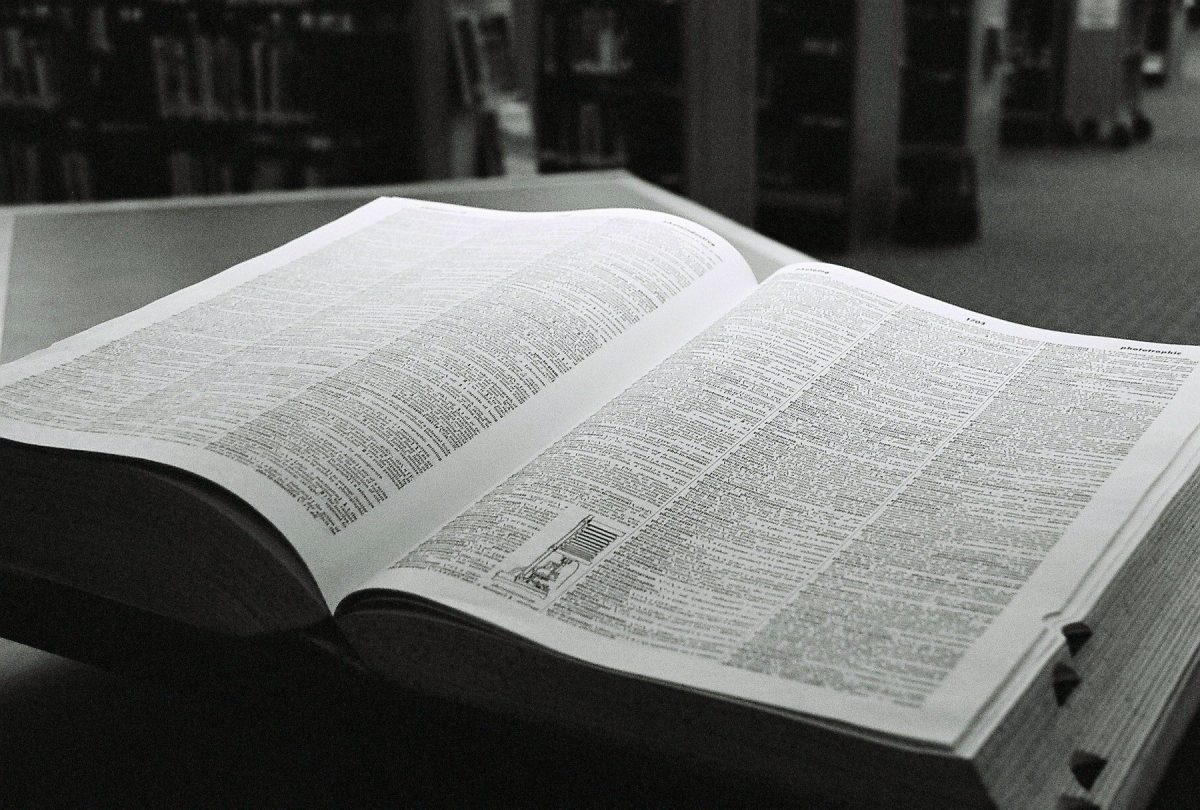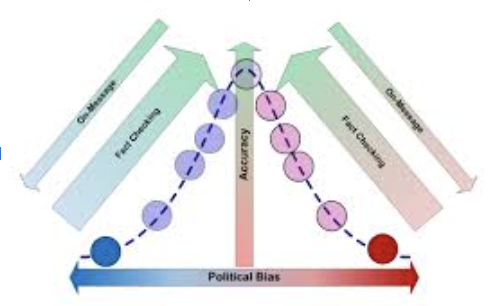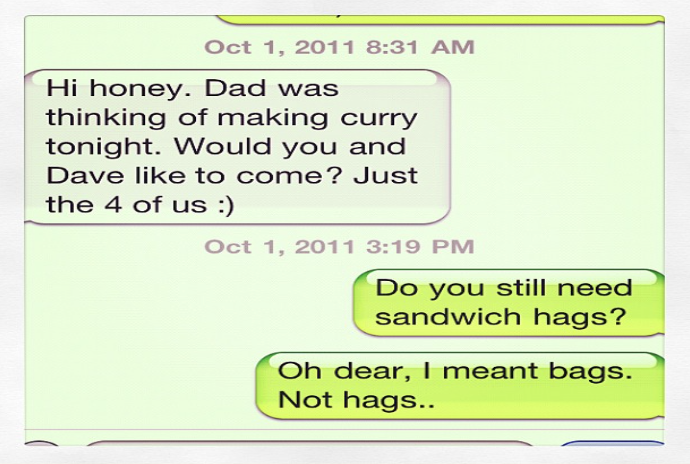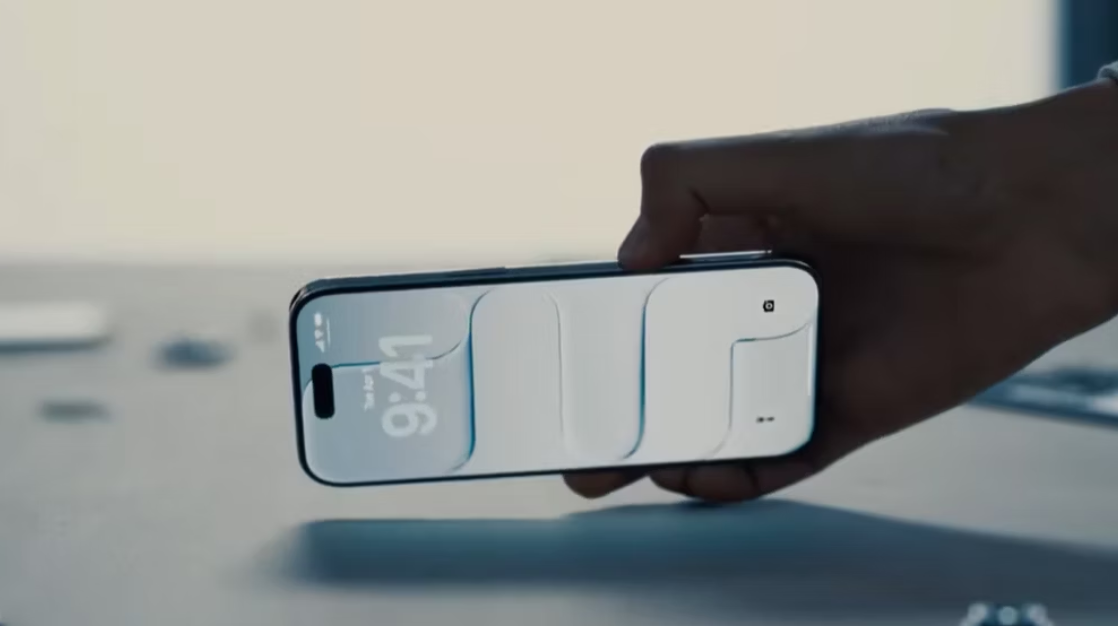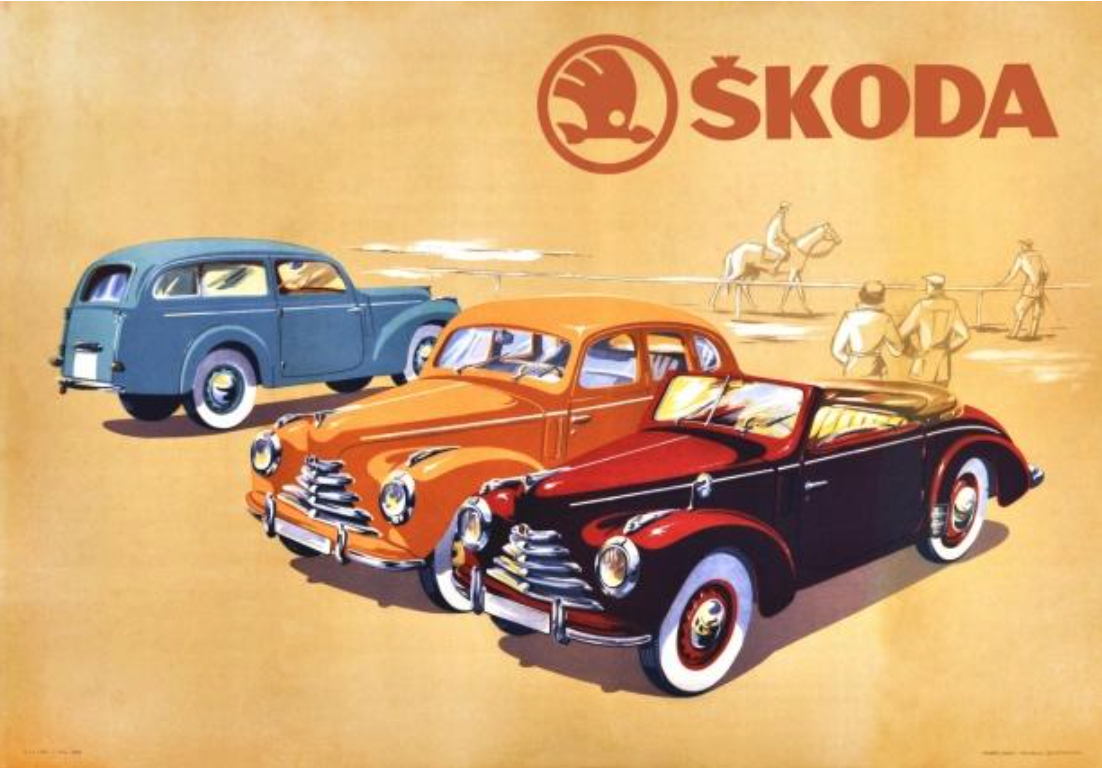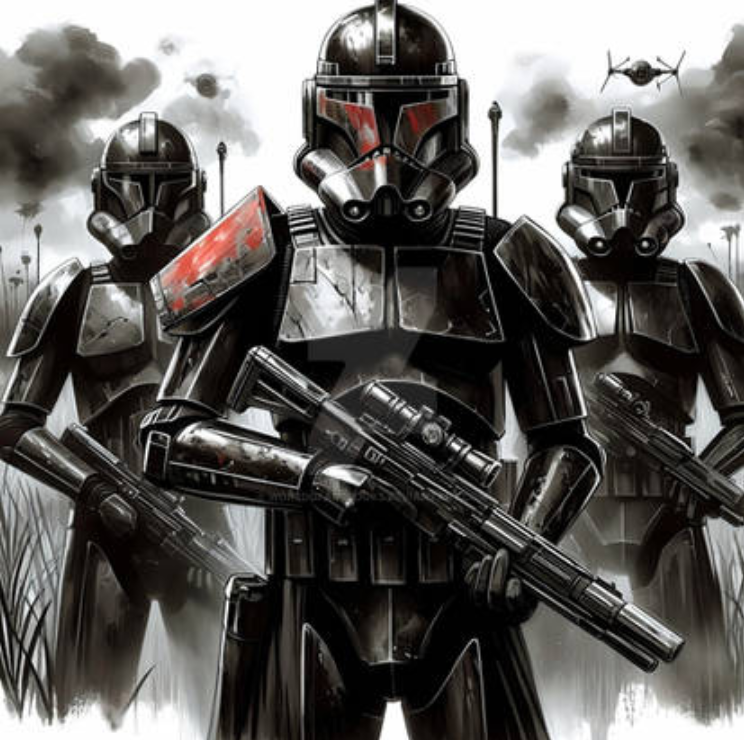The English language has many words. A lot of these are used very rarely (when was the last time you said antidisestablishmentarianism?). Many others get thrown around often enough, but once you take some time to think about it, there are plenty of substitutes for them. For example, you could say “the cookie was delicious”, but you might as well have said “it was tasty”, or said “it tasted good”, or just “it was good”. A significant percentage of the words you’ve seen in this article from the start to now are made up of these. But there is one more category, more important than all others, and these are the words that will be discussed here because it’s about time we gave them the appreciation they need. Note that many other words are also very useful, and those mentioned here are just a few examples.
This
Try talking about something without using “this”. This four-letter word gets taken for granted much too often, until we realize there is hardly a way to describe this thing without it. If you really wanted to, there may be a way to avoid it, but you would be using such unwieldy phrases as “the specific object which is being referenced”. Does anyone really want to go around saying that all the time, when simply using “this” would make everything perfectly clear?
That
This word pairs very well with “this”: if we’ve defined something as “this” and another thing comes along that needs a label to differentiate it from “this”, we can call it “that”. However, there are a few other applications for “that” that lead to it being ranked slightly higher than “this”. First, as shown in the previous sentence, “that” can be used to describe something using a phrase. Also, use “that” to provide some important information. What did the chicken say? The chicken said that it crossed the road. It is true that in some situations “that” could be replaced by words such as “which” or “who” or even nothing (the chicken said it crossed the road), but often you would have to spend way too much time phrasing things differently just to avoid “that”.
Not
The ability to contradict things is pretty helpful. Many words have antonyms, but to use only those would be to talk in absolutes, severely limiting the ability to present ideas. For example, saying that the pencil was “not the best” wouldn’t be the same as saying “it was the worst” or even that “it was bad”. The pencil might very well have just been a normal pencil that was somewhat uncomfortable to hold. On the other hand, “not bad” conveys a certain quality that isn’t quite the same as “good” or “okay”. Next time you write, or even just talk, you’ll notice that it’s not realistic to not use not.
To
In English, this word has so many uses; one use is helpful, and the other is essential. The first one would be the infinitive. For example, “I like to use infinitives like I just did”. Often, the infinitive is interchangeable with other English features like gerunds, such as “I like using gerunds”. There are times, though, when only the infinitive makes sense. You might “want to talk” about something, but it’s unlikely you “want talking” about it. The other major application of “to” is one perhaps more commonly associated with it: a word that describes movement from one place to another. There is essentially no alternative for this. I could go to the park. Is there any other way to say that without “to”? I may have gone towards the park, but did I really get there in the end? I could have gone in the direction of the park, but was that where I really wanted to go? The shortest word in this ranking really is an indispensable part of the language.
The
Last but definitely not least is “the”. There really isn’t much explanation needed here. The definite article of English (see, it already came up), “the”, can be seen and heard everywhere in just about every form of literature, media, and conversation in this language. This is backed up by concrete evidence. According to vast amounts of compilations of samples of English, including the Oxford English Corpus, the most common English word is “the”. Try talking about anything at all for one full minute without saying “the”. The first thing that will probably happen is you’ll forget the rule and instinctively say “the”. The next thing would be lots of intense thinking and very awkward and unnecessary forms of what should have been perfectly normal sentences.
Many English words get taken for granted until we realize how difficult it is to do anything without them. From “this” to “that”, “to” even “to” and “the” (but “not” “apricity”), these words can be found just about everywhere, yet no one seems to really appreciate their existence. That should change, and they should be recognized as the essential components of English that they are.
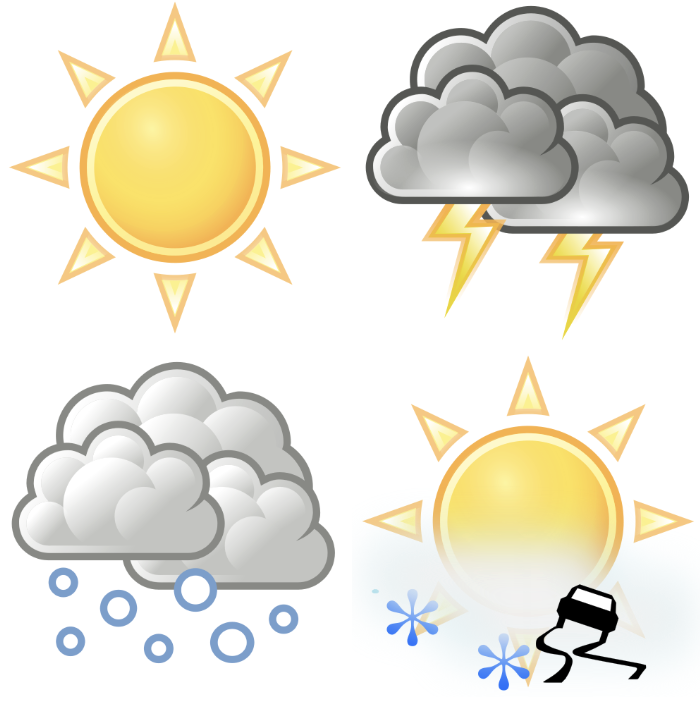
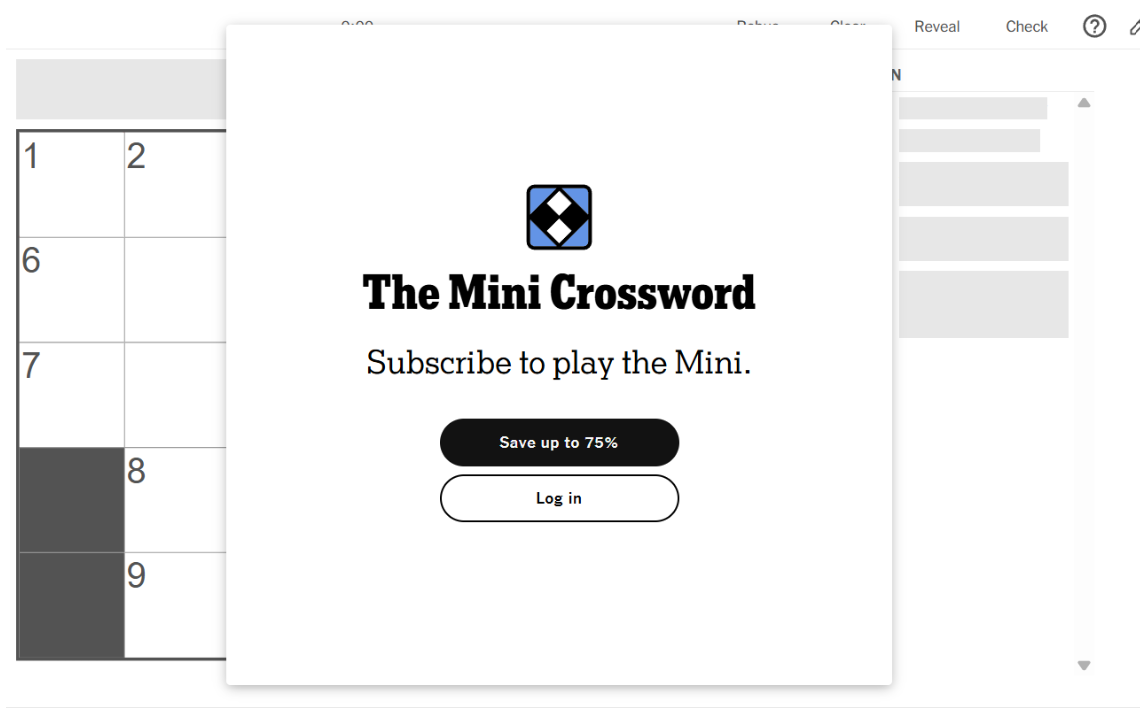








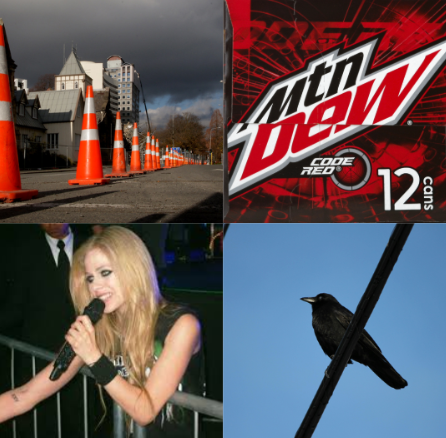
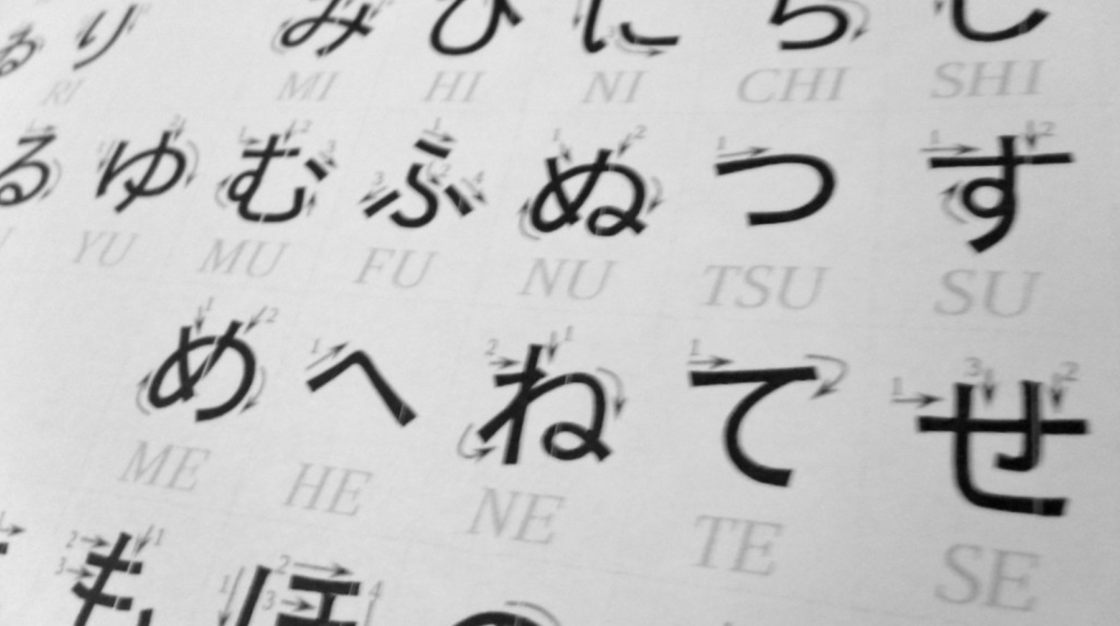
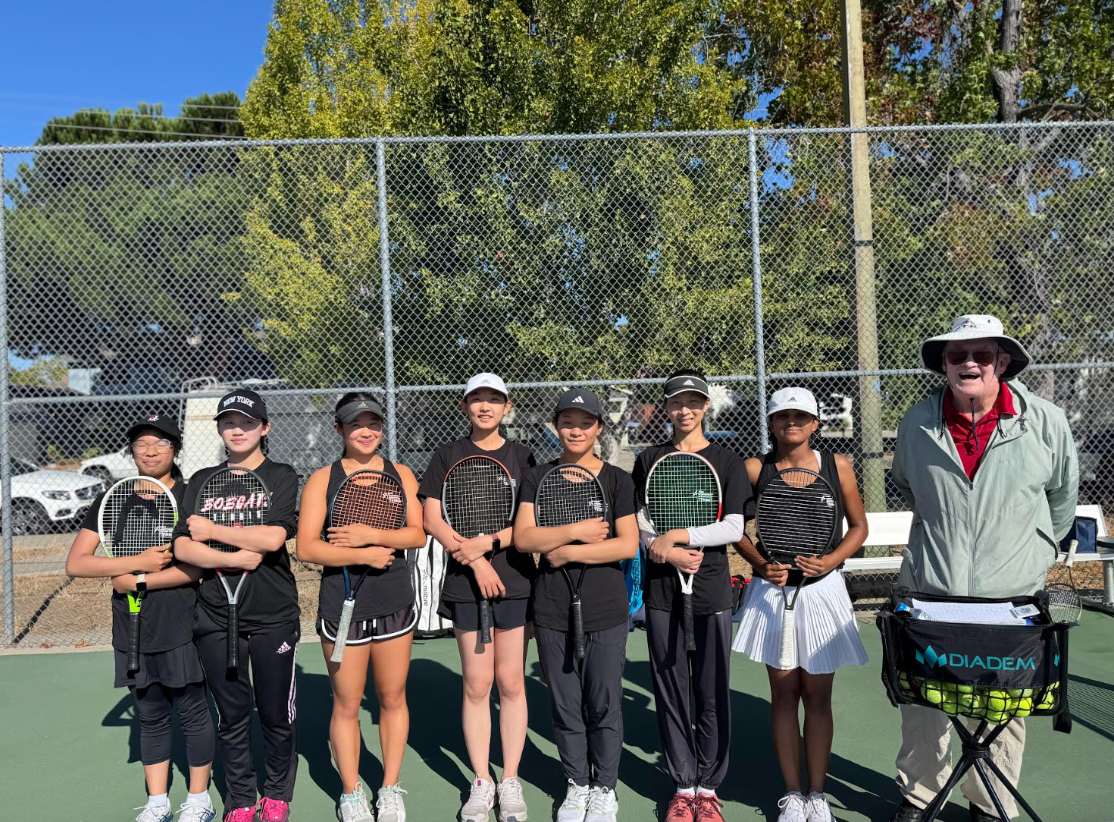




![Teacher [Milk] Tea: Part 2](https://bisvquill.com/wp-content/uploads/2024/03/Screen-Shot-2024-03-19-at-9.28.48-PM.png)










